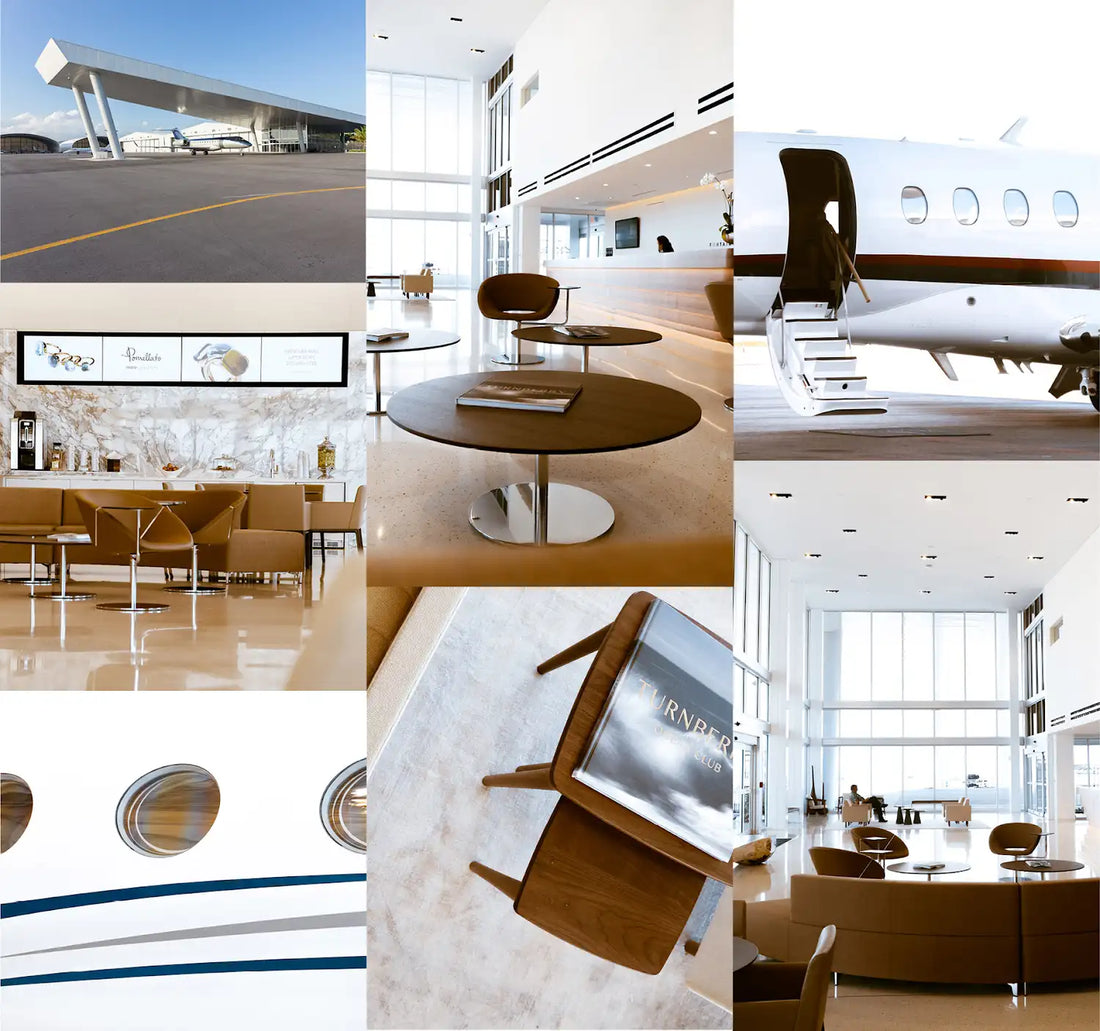
What Is A Fixed Base Operator (FBO) In Aviation?
By Jordan Bullock, CFI & Boeing 737 Pilot
One of the best things about choosing Aviation as a career field is the diversity of flying that you can find yourself getting paid for. Obviously, the airlines get the majority of the popularity when it comes to the trajectory for a pilot's career. However, there’s a multitude of flying jobs that exist.
A popular career track outside of the Part 121 airliners is in the private sector of aviation. Whether it be flying a private jet for a single owner or flying a specific fleet type for a chartering company. Either one of these jobs ensures that you’ll be spending a lot of time at various FBOs.
Exploring what a fixed base operator is helps you appreciate the support and convenience these operations deliver. So let's go over exactly what an FBO is!
What Is a Fixed Base Operator in Aviation?
A Fixed Base Operator, or FBO for short, is essentially a private terminal for passengers. If you are an owner of an aircraft that is getting picked up, or you booked a charter flight, you will show up at the FBO on your airport's field to board your plane. The FBO usually includes multiple sitting areas with various amenities.
I’ve seen many that even have private rooms with massage chairs and televisions! But most simply have coffee machines and various snacks. Along with this, they usually offer a wide variety of services. For the purposes of this article, we are going to break down a few services offered on the passenger side, as well as the aircraft side.
Passenger Services:
Private Terminal: Let's start with the most obvious and important service that FBOs offer, their standing as a private terminal. By doing this, they offer a service to the entire airport for both arriving aircraft and departing aircraft. Think about it like this: you are a private jet passenger and you want to fly to Atlanta.
After landing, they take you to an FBO, which acts as your own terminal. You get out and walk through, no security (unless an international flight) or any waiting, you just leave. On the opposite end, let’s say you'd like to fly from Atlanta to Omaha via a private jet. You show up a few minutes before departure time and go through the FBO to your jet. It’s that simple.
Waiting Room: Due to FBOs being a terminal, they offer a variety of creature comforts. As discussed earlier, this can entail a plethora of amenities. There are a few FBO companies that offer more high-end luxurious settings, but almost all of them tend to have updated interiors and convenient, relaxing areas for passengers who are coming through.
Most tend to have showers separated from areas for eating or taking calls. From a pilot standpoint, you can often spend a lot of time waiting for passengers or planes inside FBOs, and this is when the luxurious settings truly matter. Personally, my favorite FBO that I’ve visited as a pilot is Fontainebleau at KOPF (Opa Locka airport, Miami). Between their high-end sleep rooms and extremely delicious espresso machines, this is by far my favorite to fly in and out of!
Aircraft Services:
Maintenance: Maintenance services are a crucial part of any FBO’s revenue stream. Whether they have their own crew or outsource to an on-call mechanic, almost every FBO I’ve been to offers maintenance services to customers. This makes absolute sense. As any pilot knows, aircraft often have issues that are infrequent or new, and having a professional mechanic on the field to trust is absolutely crucial.
Hangar/Aircraft Storage: A crucial aspect of any aircraft ownership is storing your plane. This is one of the most expensive costs associated with owning an aircraft. Most FBOs are built in or directly adjacent to large hangars, giving them priority access to a large number of aircraft.
While having an FBO hangar can be more expensive than having it kept in a public hangar, the benefits are often a necessity for larger cabin jets. This is due to the jets needing to be towed out, and unless you own a tug, the FBO is truly your only resource. Discovering what a fixed base operator is shows why these services are often important for business aviation.
FBOs employ vast resources, including hiring rampers to work the airfield. Part of their tasks include pulling planes out for departure, parking planes during the day, or simply storing planes at night. As an example, if you store your plane with an FBO at the airport, you can simply call them on your way in, and they will pull your aircraft out of the hangar and park it directly in front of the FBO for you and your passengers!
FBOs offer a wide variety of services. Many are incredibly crucial and considered a necessity, while others are often an accessory to the lifestyle of private jetsetters! I highly recommend you visit an FBO or two at your local airport and check out the setting!
By Jordan Bullock, CFI & Boeing 737 Pilot
Northstar Aviation References brings you the Pre-Tabbed ASA FAR/AIM, DIY tabs for your FAR/AIM and other pilot resources so that you can more easily study the regulations that form the foundation of your flying career or hobby. Have any questions? Check out our FAQs page or contact us. Check out other blog posts here.
